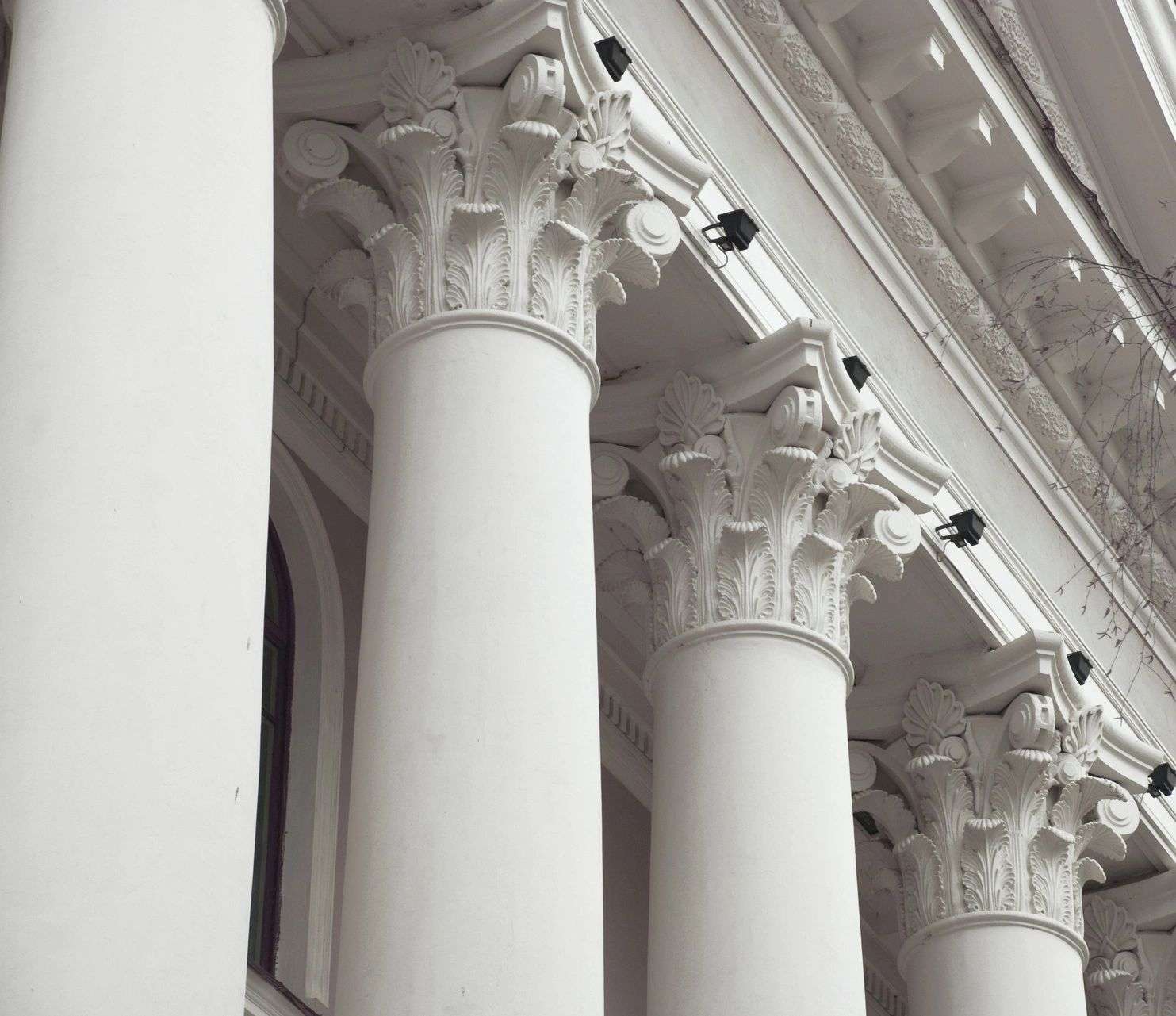The Constitution of Pakistan guarantees the right to property to its citizens under several provisions. These provisions aim to protect the ownership and use of property while balancing the needs of the state and public interest. The relevant articles primarily found in Chapter 1 of Part II and Chapter 3 of Part VI of the Constitution of Pakistan elaborate on these rights. Here is an in-depth analysis of what the Constitution says about property rights in Pakistan:
Fundamental Right to Property
Article 23 of the Constitution explicitly states that every citizen has the right to acquire, hold, and dispose of property in any part of Pakistan, subject to the Constitution and any reasonable restrictions imposed by law in the public interest . This provision establishes the basic right to property, ensuring that all citizens can own property without discrimination. However, this right is not absolute and can be regulated by laws that serve the public interest.
Article 24 provides further protection of property rights. It declares that no person shall be deprived of their property save in accordance with law. Additionally, it specifies conditions under which property can be compulsorily acquired by the state .
- Compulsory Acquisition:
- Property can only be compulsorily acquired or taken possession of for a public purpose.
- Such acquisition must be authorized by law that provides for compensation and outlines the principles and manner in which compensation is to be determined and given.
- Exceptions to Compulsory Acquisition:
- Laws allowing for the compulsory acquisition or taking possession of property to prevent danger to life, property, or public health.
- Laws enabling the state to take over property acquired by unlawful means.
- Laws related to the administration of enemy property or evacuee property.
- Laws allowing the temporary management of property by the state for public interest or the benefit of its owner.
- Laws providing for the acquisition of property for purposes such as education, medical aid, housing, and public facilities.
These clauses ensure that while the state can acquire private property for public purposes, it must do so transparently, fairly, and with adequate compensation.
Ownerless Property
Article 172 deals with ownerless property, stating that any property which has no rightful owner shall vest in the government of the province if located within a province, or in the federal government if not within a province . Additionally, all lands, minerals, and other valuable things within the continental shelf or underlying the ocean beyond Pakistan’s territorial waters also vest in the federal government. This article ensures that resources without a clear private owner are utilized for the benefit of the public by the state.
Powers to Acquire Property and Make Contracts
Article 173 grants the executive authority of the federation and provinces the power to acquire property, dispose of property, and enter into contracts. This authority extends to the grant, sale, disposition, or mortgage of any property vested in the federal or provincial governments, and to the purchase or acquisition of property on their behalf . This article is significant as it outlines the government’s capacity to manage property for administrative purposes.
Legislative Powers Over Property
Article 253 empowers the Majlis-e-Shoora (Parliament) to legislate maximum limits on property ownership and to declare certain trades, businesses, industries, or services as exclusively owned by the government or corporations controlled by the government . This article enables the state to regulate the concentration of property and ensure equitable distribution of resources, thereby preventing the monopolization of essential industries.
Specific Provisions and Laws
The Constitution also references several specific laws and regulations concerning property rights. These include:
- Land Reforms: Various land reform regulations and amendments are cited, reflecting the state’s ongoing efforts to manage land ownership and address issues related to land distribution .
- Economic Reforms: Orders related to economic reforms, including the protection of industries and the nationalization of assets, illustrate the state’s intervention in property management to stabilize and develop the economy .
Enforcement of Property Rights
The judiciary plays a crucial role in enforcing property rights in Pakistan. The Constitution provides for the right to approach the courts for the enforcement of any fundamental rights, including property rights. This judicial oversight ensures that any deprivation of property is scrutinized, and the rights of the individuals are protected against arbitrary state actions .
Conclusion
The Constitution of Pakistan robustly outlines property rights, ensuring citizens can own and utilize property while allowing the state to regulate property ownership for public interest. Articles 23 and 24 form the cornerstone of property rights, granting the right to acquire, hold, and dispose of property, and protecting against unlawful deprivation. Articles 172, 173, and 253 provide the framework for the state’s involvement in property management, acquisition, and regulation. This comprehensive approach balances individual rights with societal needs, reflecting the dynamic nature of property rights in Pakistan.

